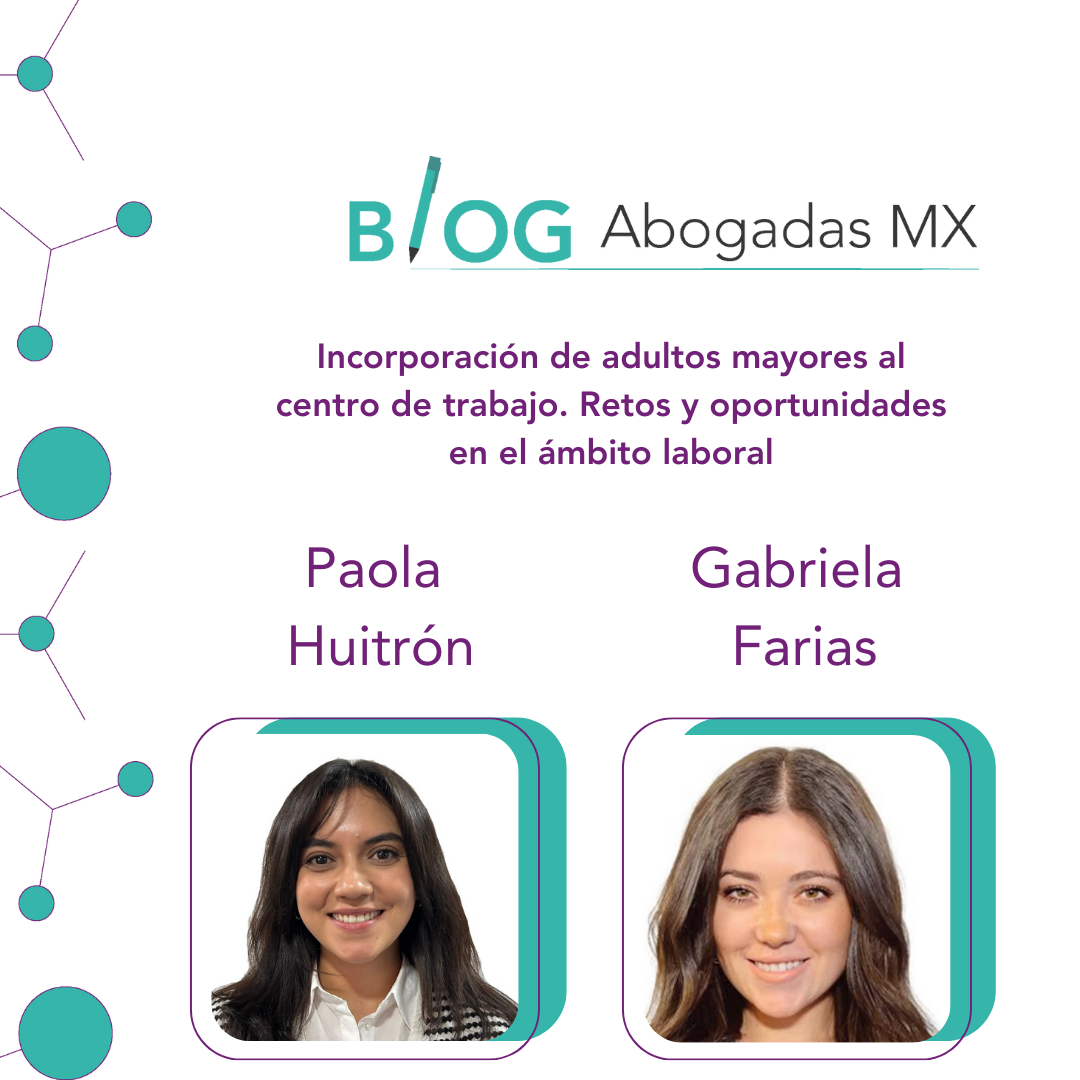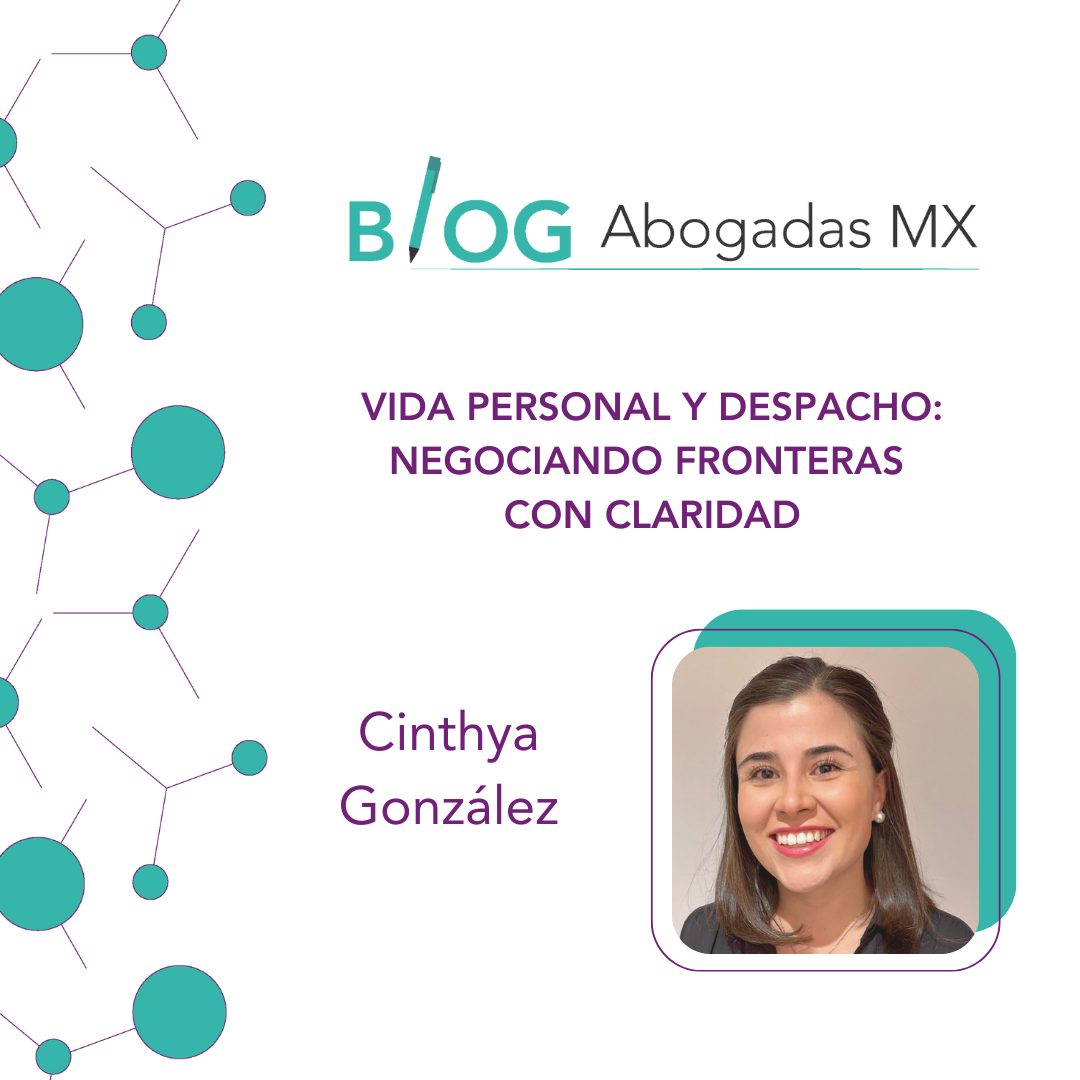Beyond the Black Letter Law: Core Skills that Matter Early in Your Legal Career

When I first started as a corporate associate at a big law firm in New York City, I felt excited but uncertain. Unlike many of my fellow first-year associates—with prior experience working in finance, accounting, government, or other industries related to their practice areas—I had no professional exposure to corporate law.
What did my background look like?
In college, I studied business administration and international studies and worked as a waitress. I went straight to law school afterwards, where I enjoyed an array of classes—such as federal courts, administrative law, and media law—and immersive clinics in international treaties and immigration. I spent my first law school summer as an intern for a federal judge in South Florida writing briefs and attending hearings. I spent the next summer as a summer associate in both Brussels and Washington D.C. working on antitrust and government enforcement matters.
Although I entered the legal profession proud of these varied experiences and aware that I developed many valuable skills because of them, I also entered without a clear sense of which specialty I wanted to pursue.
So, when I joined the Latin America corporate practice area of my firm, I initially questioned whether I could succeed given my eclectic professional background and limited exposure to corporate work. I even worried that my own multicultural background—growing up in Germany and Miami, with a Mexican father and a Colombian mother—might make it harder to fit in. Indeed, I joined a practice group where most of my peers posses strong cultural ties to specific countries, which provide organic connections to clients with the same background.
Therefore, I decided to lean into what I could control: organization, communication, proactiveness, and adaptability. With these core skills, developed in my experiences before I started working at my firm, I did much more than merely survive my first year.
To break it down:
Organization: Staying on top of timelines and documents, especially across multiple deals or matters. Preparing for every meeting and knowing what’s due before someone reminds you.
Communication: Knowing when to check in with your team and speaking with clients confidently and professionally—even if you’re still learning the substance.
Proactiveness: Looking for ways to add value before being asked. Anticipating what comes next, showing up with curiosity, asking forward-looking questions, keeping track of open items, and being the person who makes things easier for the team.
Adaptability: Being comfortable jumping into the unknown, including new legal areas, personalities, and expectations, and staying calm and poised when facing unexpected issues and tight deadlines.
By honing these skills, I became a reliable associate for other lawyers and clients. I subsequently earned more responsibility and had the opportunity to lead client calls, participate in negotiations, and prepare and deliver client presentations as a very junior associate.
These opportunities were difficult, but they forced me to learn—and I truly enjoyed—the substance! By the end of my first year, I not only gained substantive legal knowledge I once considered daunting, but I also gained confidence, worked with clients across Latin America, and felt like a valued member of my team.
In sum, I believe I owe my growth as a first-year associate to the foundational skills I developed before I entered the legal profession and continued strengthening during the beginning of my legal career. They helped build trust, encouraged others to invest in teaching me, and led to meaningful opportunities.
So, if you are just starting your legal career and wondering whether you are qualified enough to be in the room: you are.
Maybe, like me, you worked in customer service, dealing with difficult clients and high-pressure shifts; moved across industries and specialties, pushing you to become a fast learner and collaborate with teams; juggled part-time jobs while managing a full course load, forcing you to become independent and gain strong organizational skills; or perhaps grew up navigating different cultures and speaking multiple languages, learning to adapt quickly to new environments.
Although you don’t have to know everything on day one, what law firms do expect is that you’ll show up ready to learn, ask questions, maintain discipline, and give your very best. And if you do so consistently, you’ll be surprised how much you will learn and accomplish.
To other young lawyers still finding their footing: trust the power of your soft skills and don’t feel discouraged by your background or experiences. Indeed, they prepared you for what lies ahead—you’re doing better than you think!
*El contenido de este artículo es publicado bajo la responsabilidad de su autora y no necesariamente refleja la posición de Abogadas MX.









